November 18, 2014
The Southern Soul Assembly is not the horn laden, Stax driven sound the name could conjure. Southern, yes, with Mark Broussard, Luther Dickinson, J.J. Grey and Anders Osborne covering that geographic territory. The soul is of a more personal nature. Four stringers and singers, trading songs, telling stories and swapping licks. The Assembly’s individual voices and playing are usually heard at higher volumes, often accompanied by furious soloing (Osborne), frets both foreign and familiar (Dickinson), swampy blues (Grey) and straight up blue eyed soul (Broussard). But in this configuration, they are songwriters first, just sharing tunes in a chill musical setting.
The SSA was wrapping a western tour when they arrived last week at the Regent Theatre in Downtown Los Angeles. The Regent is a 100-year old gem freshly reopened after 8 years by Mitchell Frank and his Spaceland crew, and perfectly suited to the occasion It’s bigger than your living room, but not by much (for this seated show, maybe 20+ rows of chairs plus a horseshoe balcony), and your bar isn’t as well stocked. Step outside, and you’re in the middle of downtown’s new golden age.
So, as big a fan as I am of Osborne’s more extended excursions, there is something special about rolling out the unadorned versions, and the camaraderie among all the players finding their place in the other’s material. SSA took the stage a little behind schedule but jumped right in round robin style. Broussard opened with “Paradis”, which he said was for Anders, a gently loping tune with Dickinson on a Hofner bass. Next up was Grey with “The Sun is Shining Down”, a hopeful out the other side ballad with a mournful undertow that had Grey digging deep, and Dickinson switching to mandolin. Osborne stepped in with a slow bayou churner (unreleased) and a chorus of “Move on Down to Mississippi”, with Dickinson moving to a Diddley bow (or whatever a homemade unfretted 2-stringer anchored by a coffee can is called these days). Dickinson’s turn on “The Meeting” seemed to conjure delta ghosts from the hollows of a very old Gibson acoustic. Broussard’s “Shine” followed, another pretty and powerful tune.
The set grew especially personal beginning with Osborne’s “Another Way to Dance”, which he dedicated to his wife of 16 years, and credited her with “saving my life”. Dickinson’s just right mandolin was sweet accompaniment. Dickinson took us to church with “Way Over Yonder”, before Broussard dedicated “A Life Worth Living” (the title track from hist latest and sixth release) to his grandmother who passed in 2012, and was married 64 years. Grey’s “Brighter Days” had the whole place singing along (“brighter days/where did they go?”, I mean, who can’t relate?).
Osborne’s “Black Tar”, from his “Black Eye Galaxy” record was admittedly about “bad habits” from someone who’s lived to tell the tale. Dark and ragged as the title suggests, with the nasty bottleneck to match, Osborne also mentioned it was written with Little Feat’s, Paul Barrere (a new fact to me). Dickinson’s cheeky pickin’ blues,“Yard Man”, was written, yes, on a lawn mower, and brought guest Duane Betts to the stage. Betts stuck around for Broussard’s “Home”, a rock blues simmer with Osborne and Strat going all reverb and pedal, and into some very Jerry places. Grey’s “She’s On Fire”, sounded Meters-esque to my ears. Osborne’s island infused “Marmalade” warmed the November night and Grey brought the rum with a “Jamaican Nights” turn. The NMAS staple, “Shake What Your Momma Gave You”, began with Dickinson on the 2-stringer and gave way to Muddy Waters “Mannish Boy”, with Grey in full growl. A satisfying close to an almost two hour set.
Of course, encores come in fours with these guys and Osborne went first this night, with his Crescent City valentine, “Summertime in New Orleans” and Dickinson back on mandolin. Dickinson chose an instrumental with some of the finest pickin’ of the evening (I swear those six strings were chiming like 12). Grey’s “Lochlossa”, was a quiet song of outrage for a dimishing Florida wildland. Now, this was a seated show on-stage and off (yes, age related jokes ensued). So, when Broussard stepped away from the mic and stood at the edge of the stage to sing “For All We Know,” (from 1934, but covered by Donny Hathaway in the 70s, and The Carpenters and Nat King Cole, among others) acapella, we were all paying attention. “We won’t say goodnight/until the last minute/I’ll hold out my hand/and my heart will be in it… so love me, love me tonight/tomorrow was made for some/tomorrow may never come/for all we know, we know”. I now know what a roomful full of goosebumps looks like.
This was a no fuss night. While the tour is done, there is an album in the works. Something to look forward to, for sure.

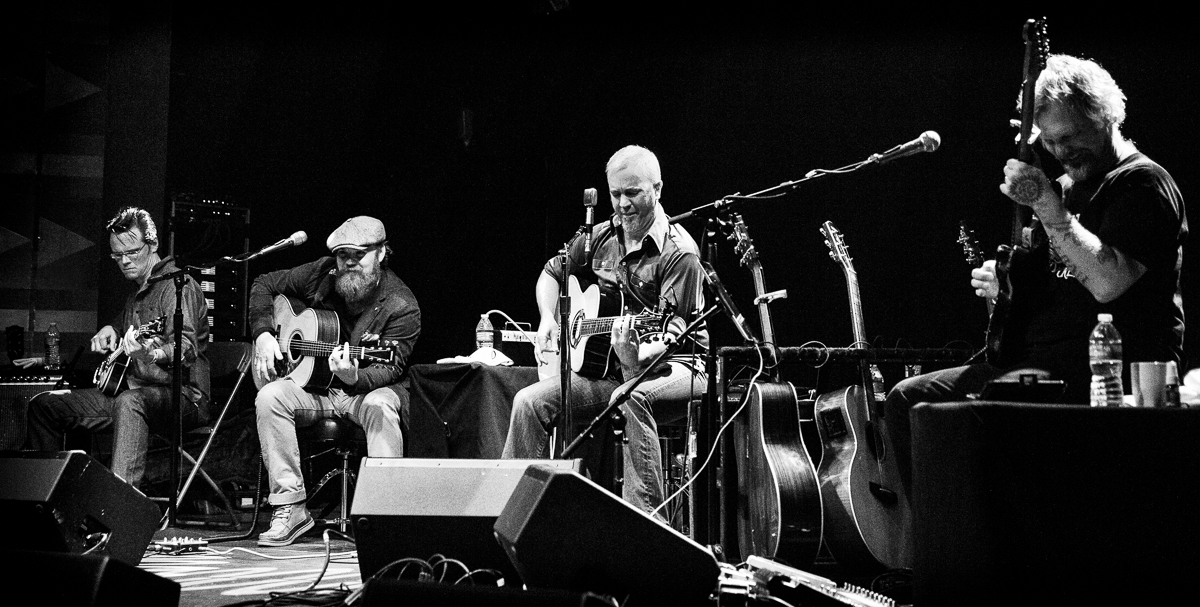
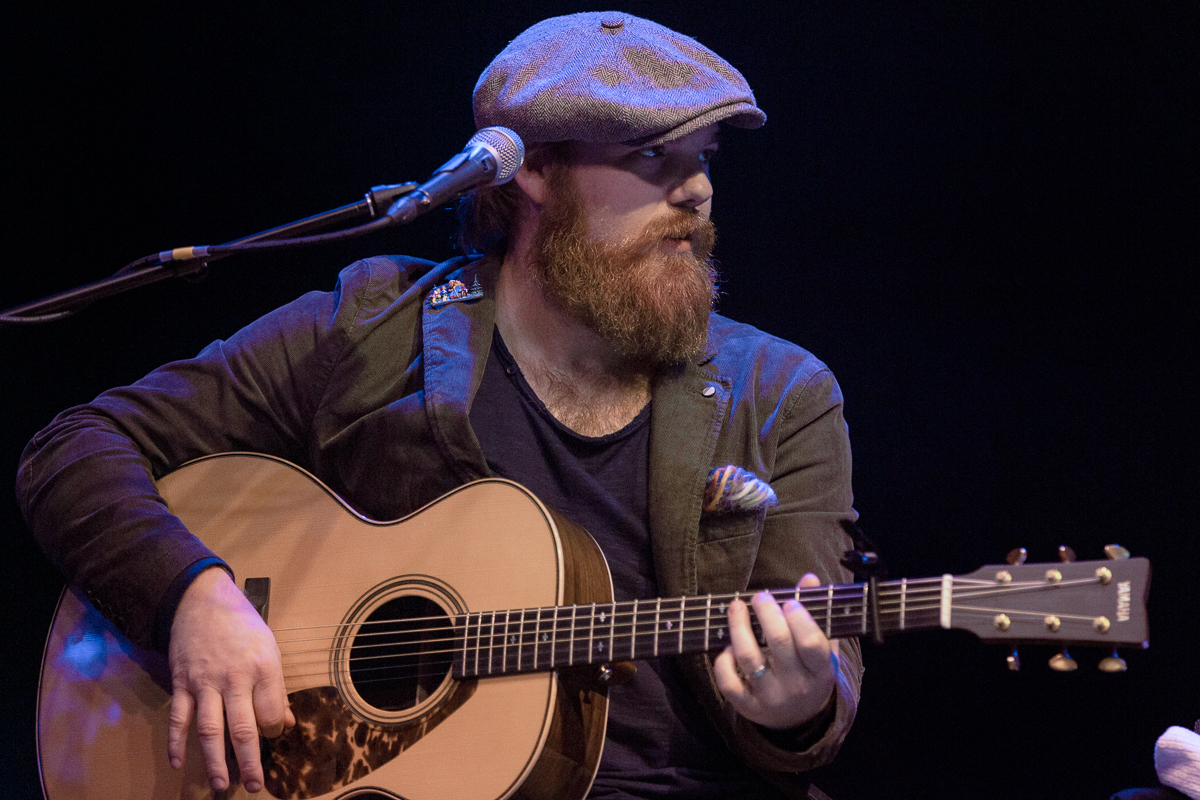
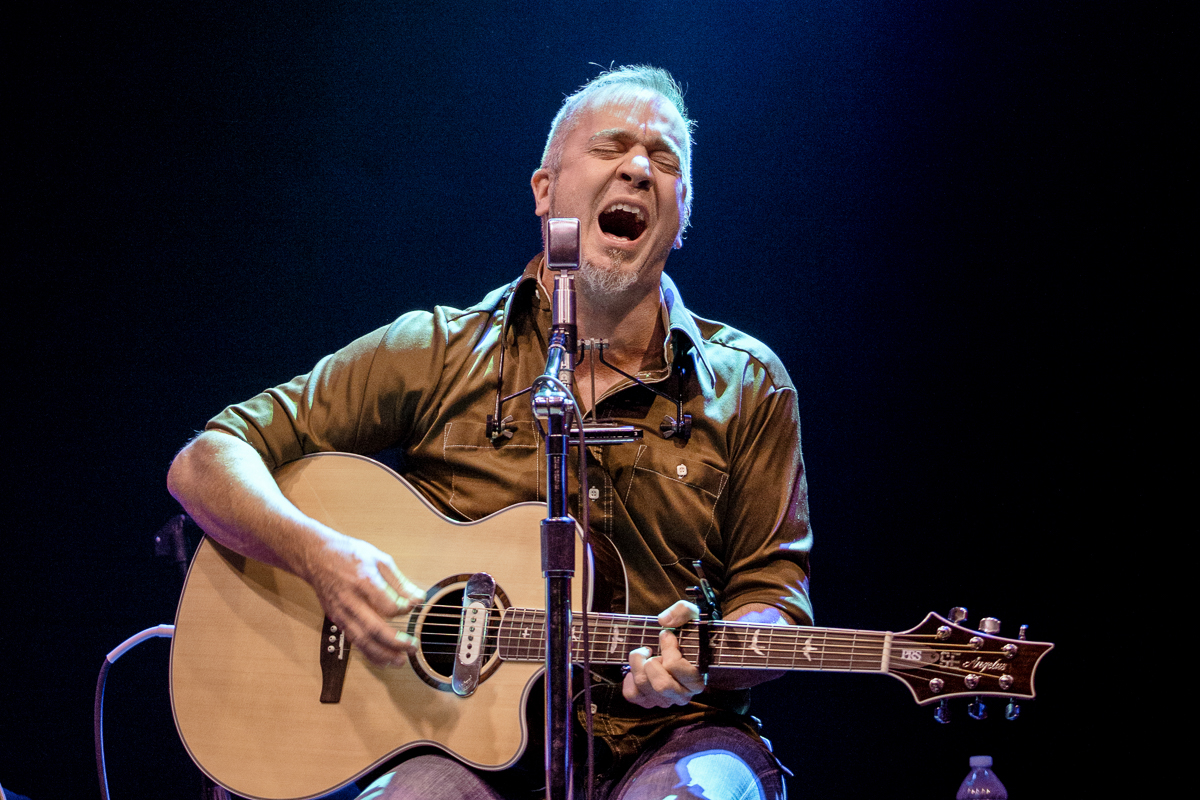
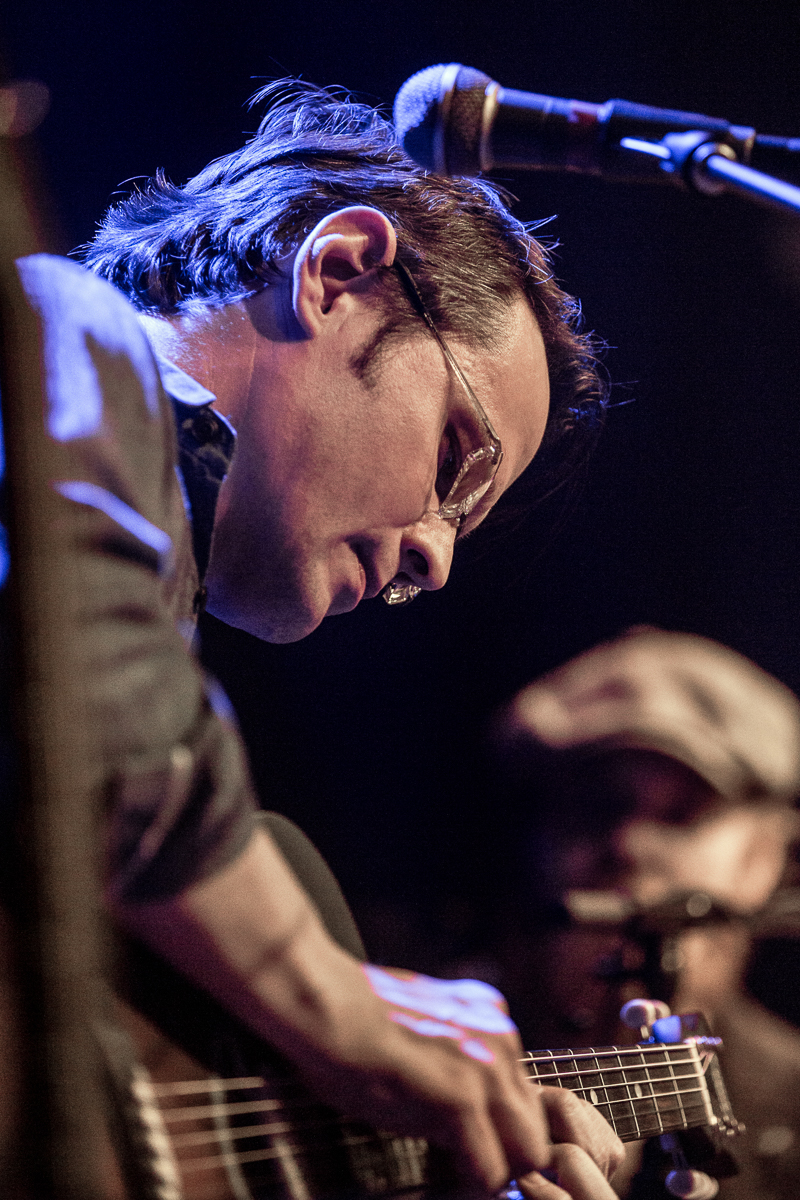
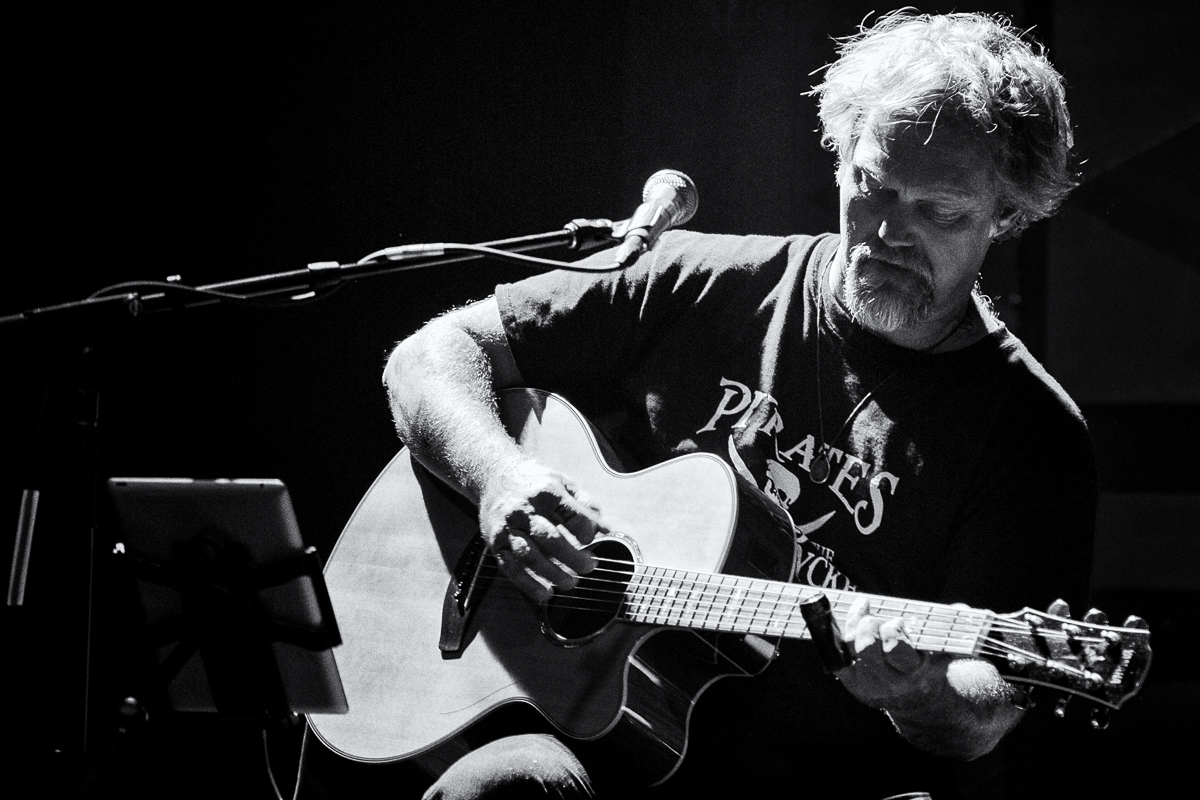
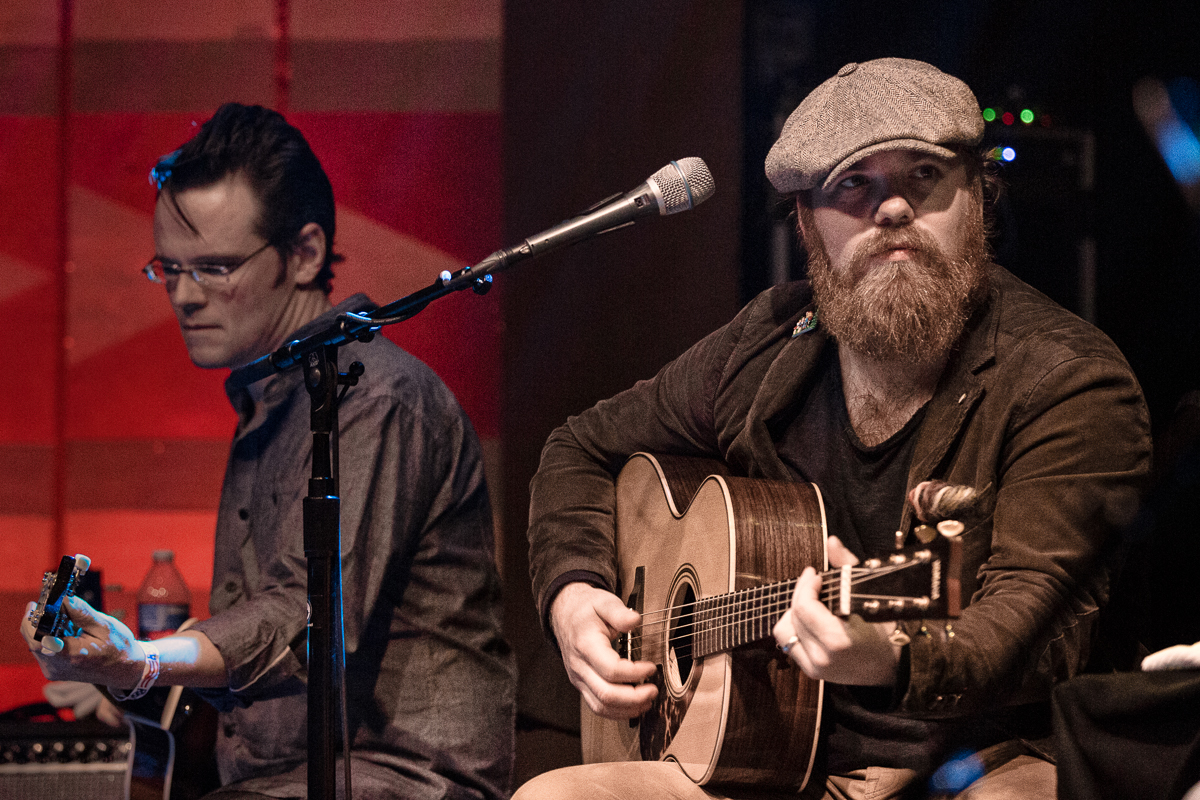
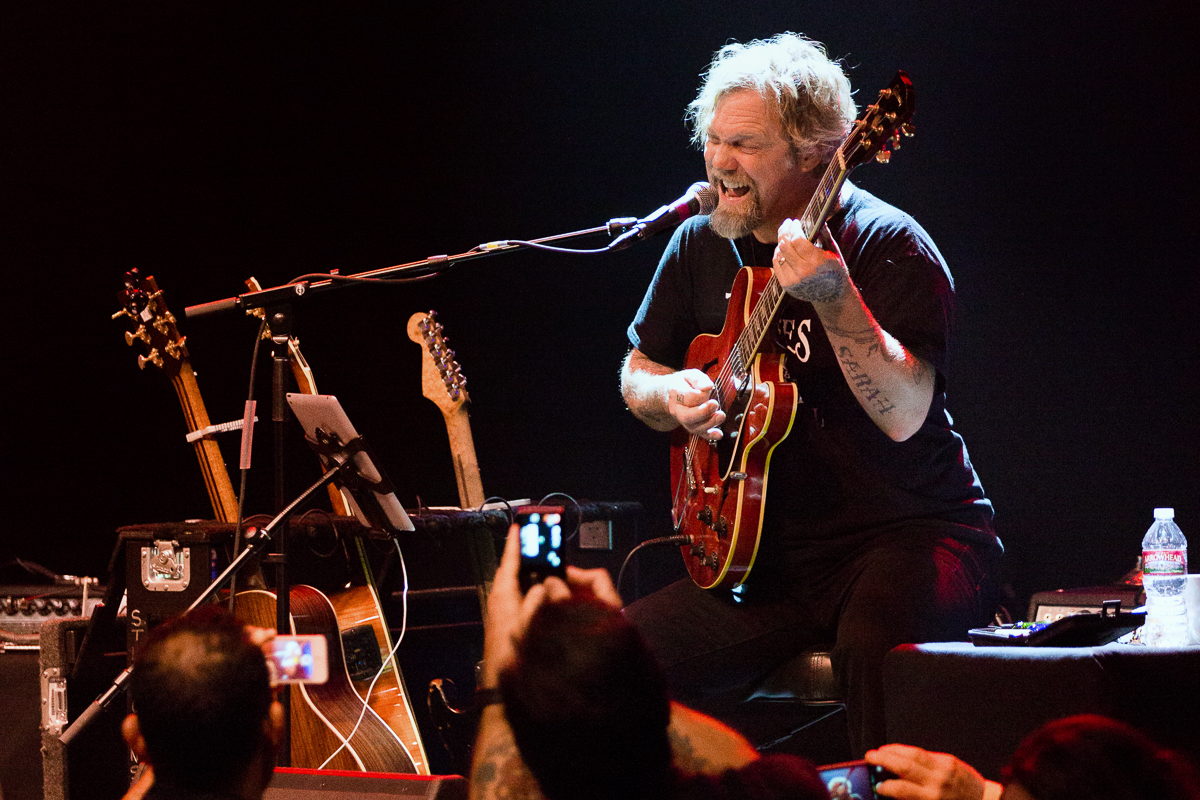
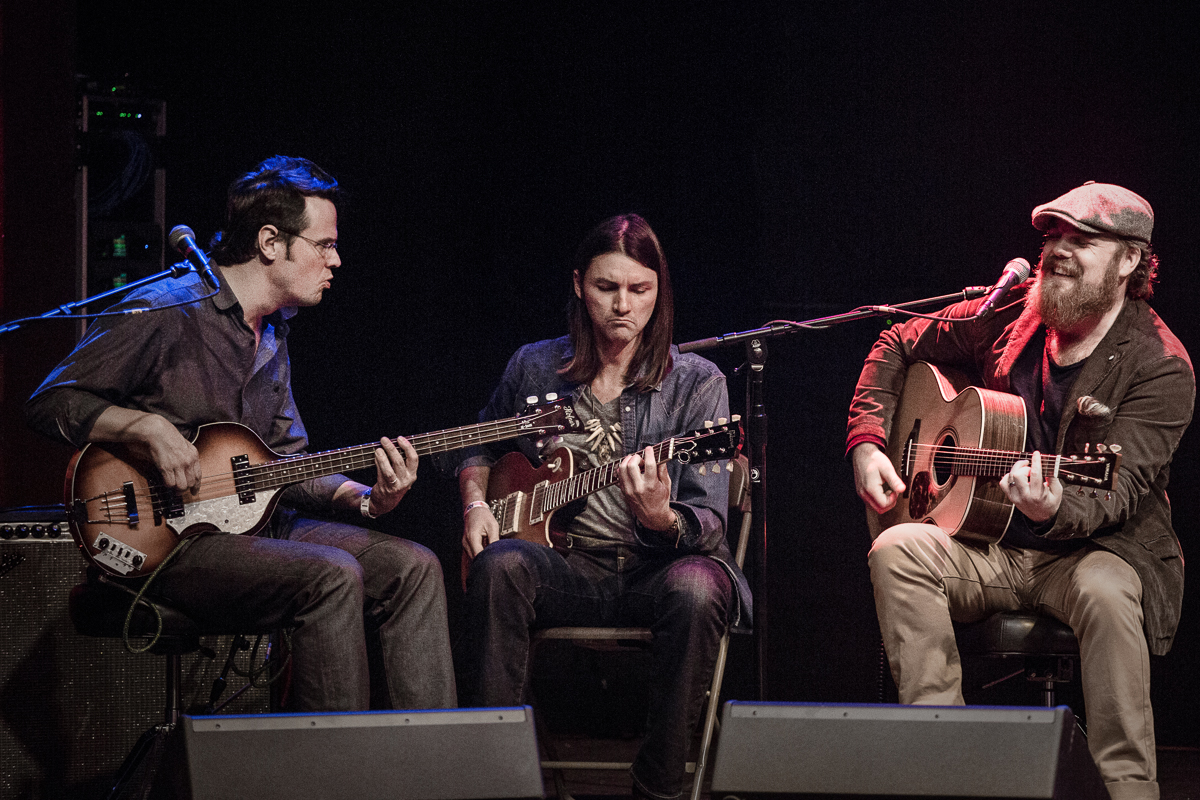
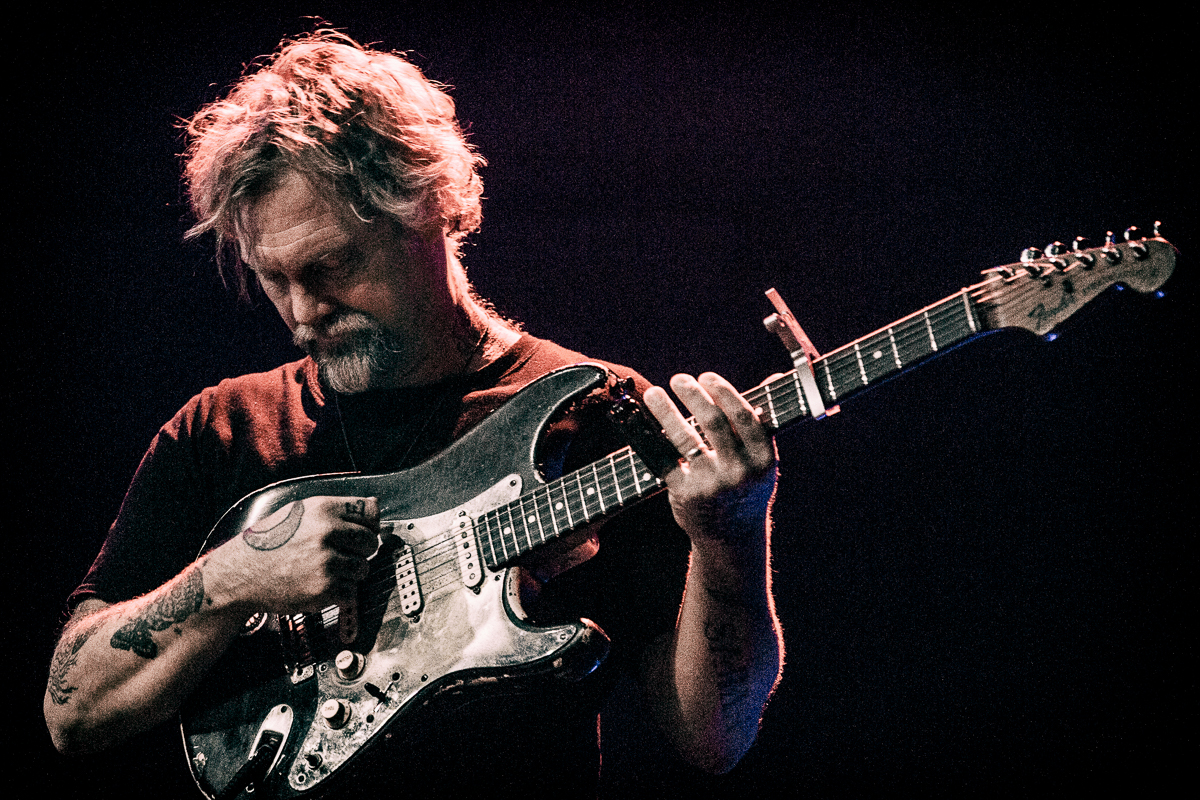
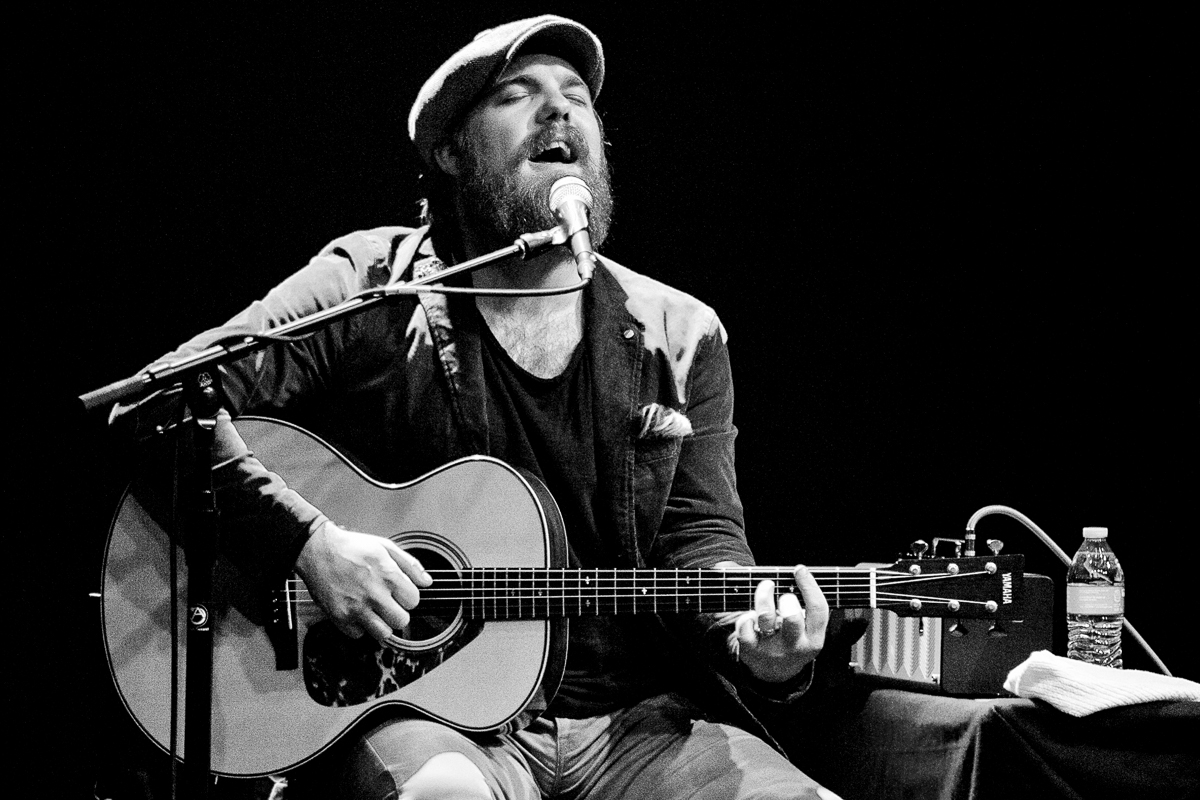
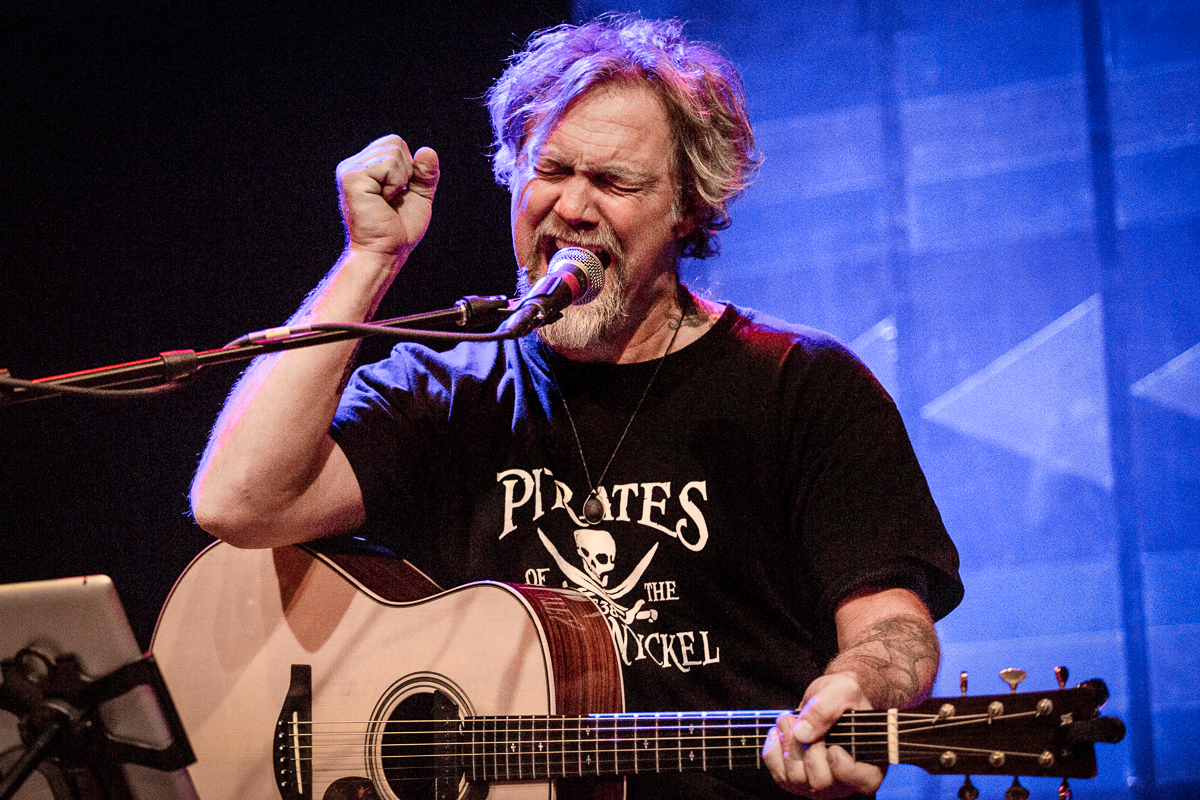
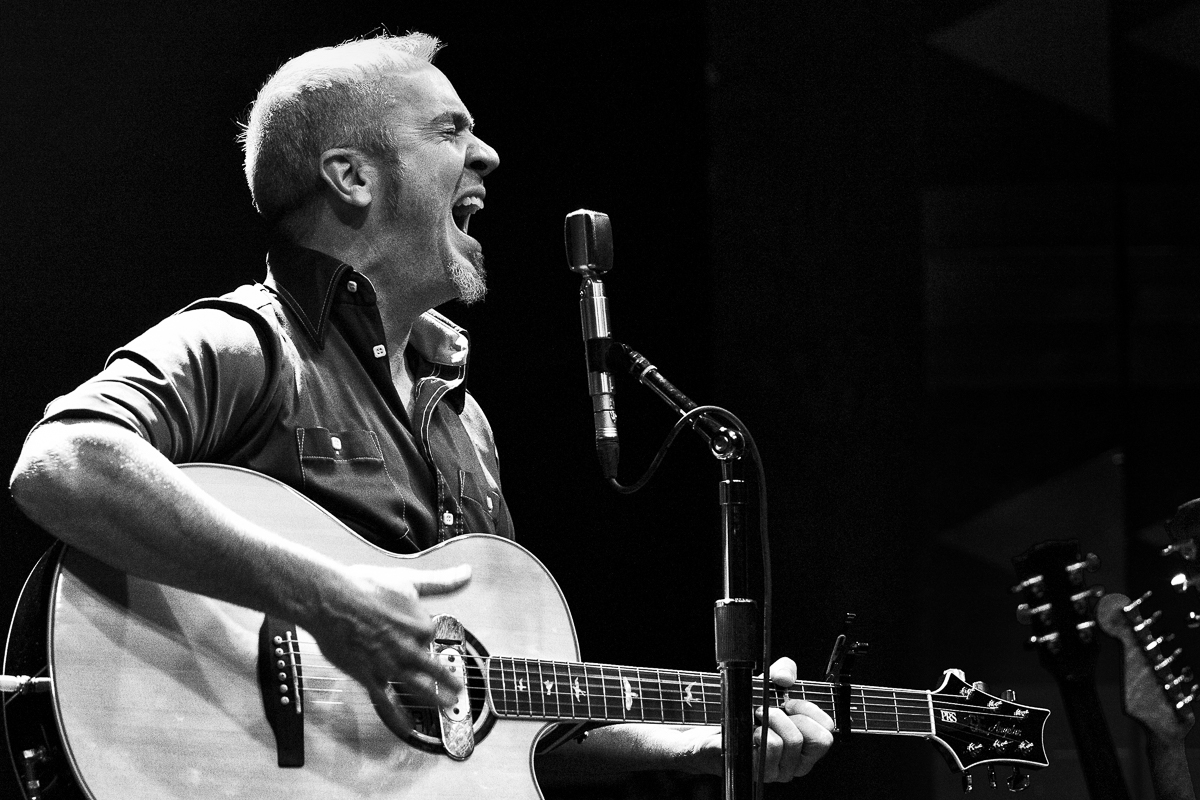


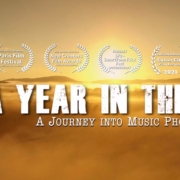
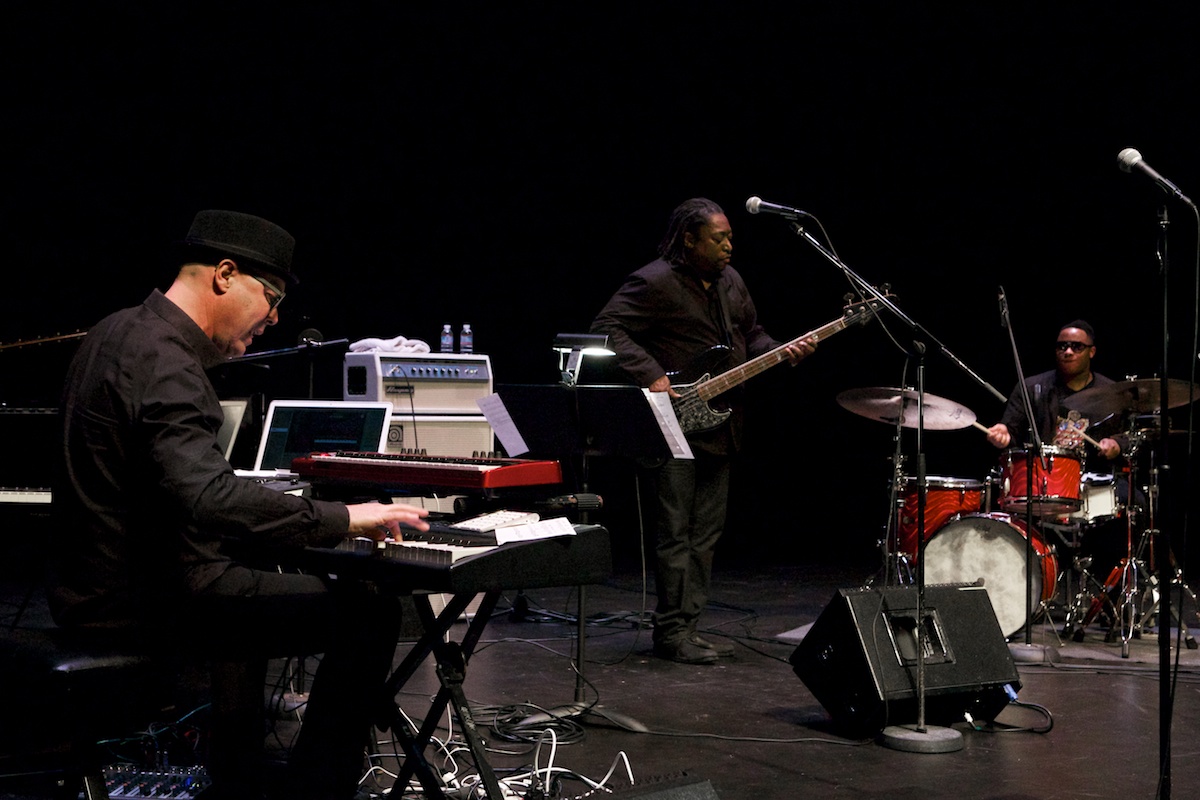
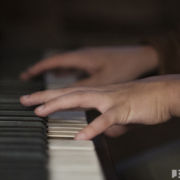
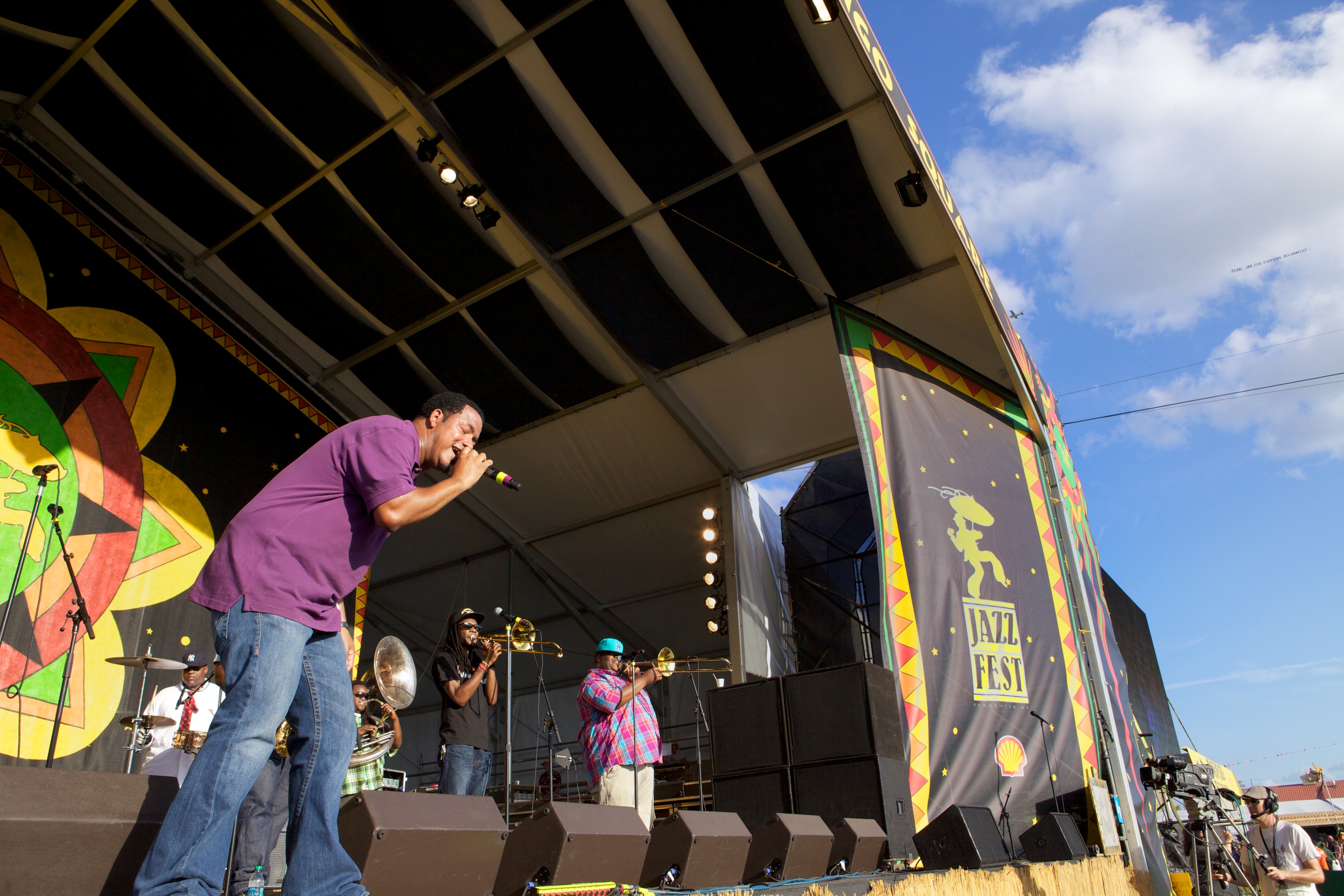
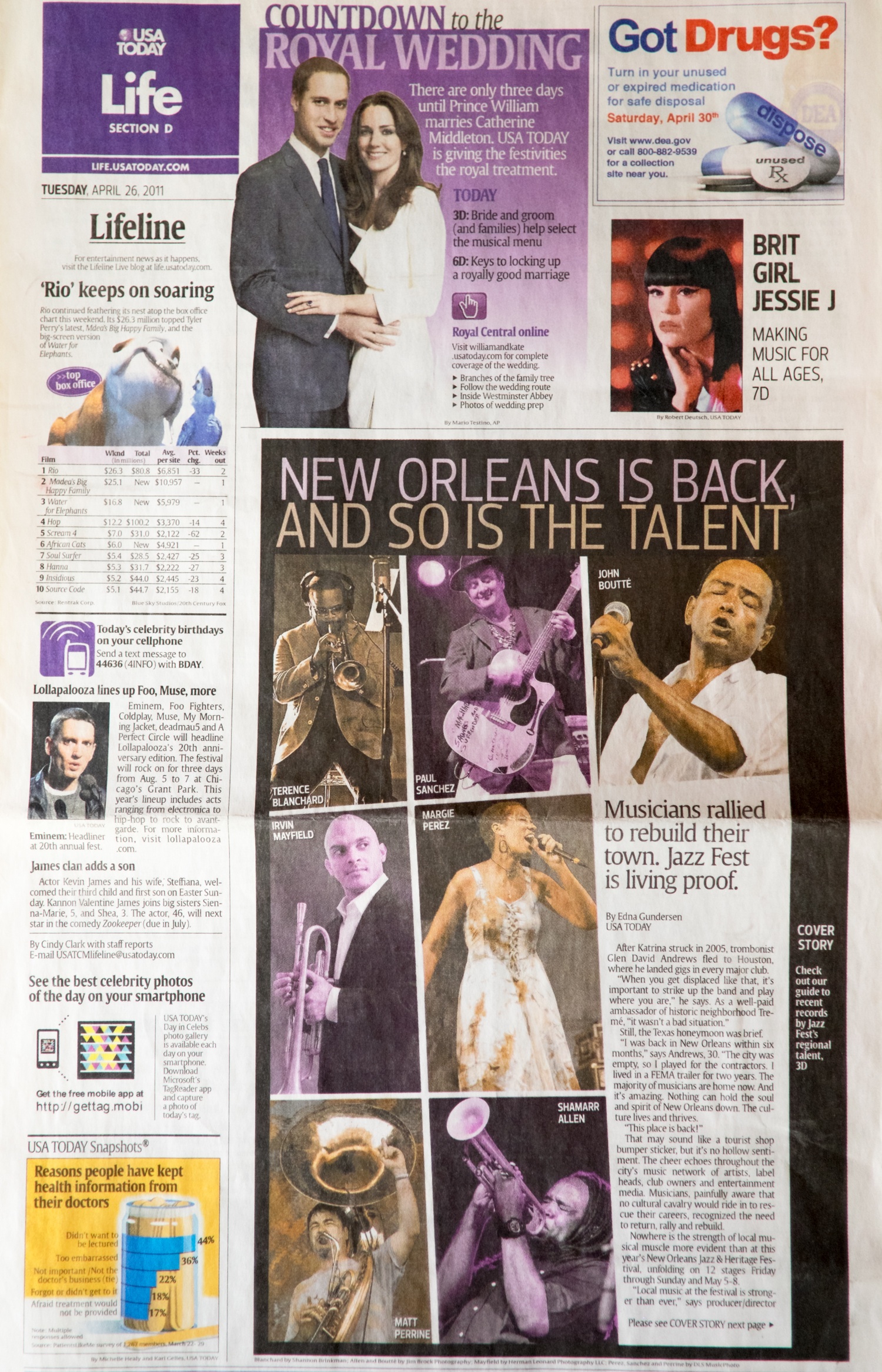
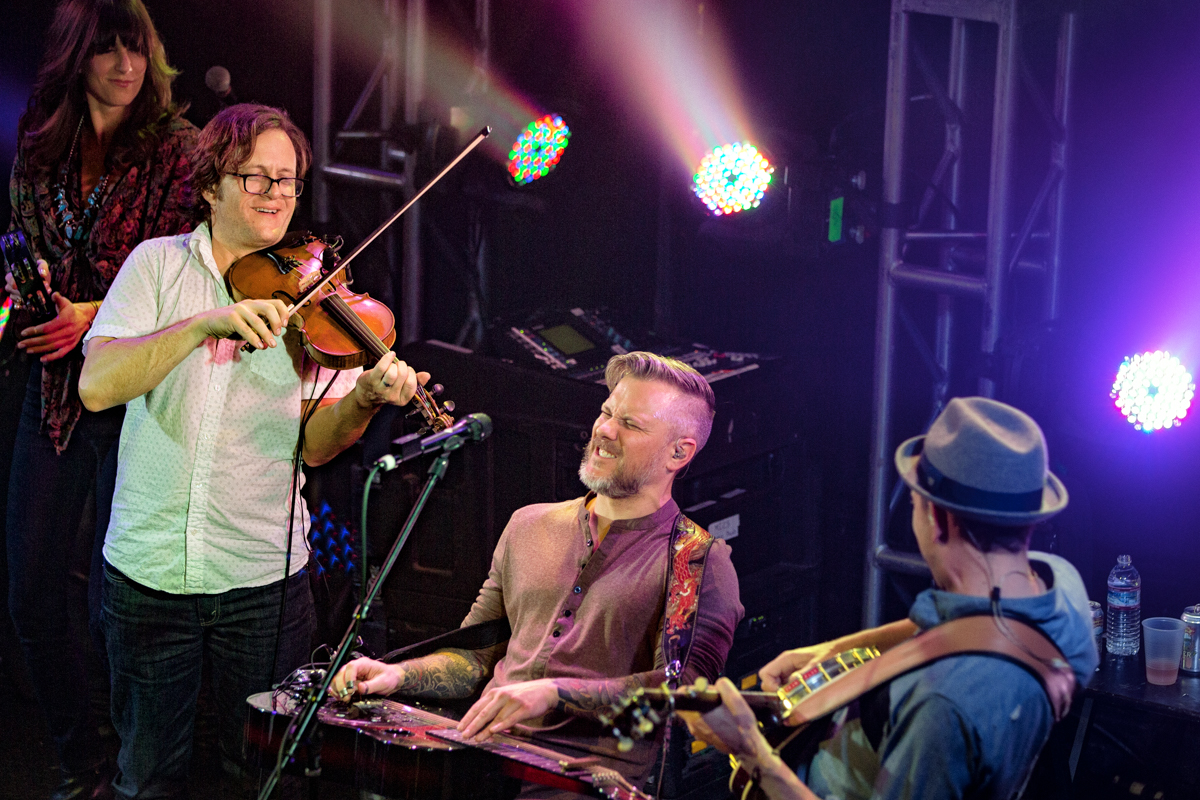
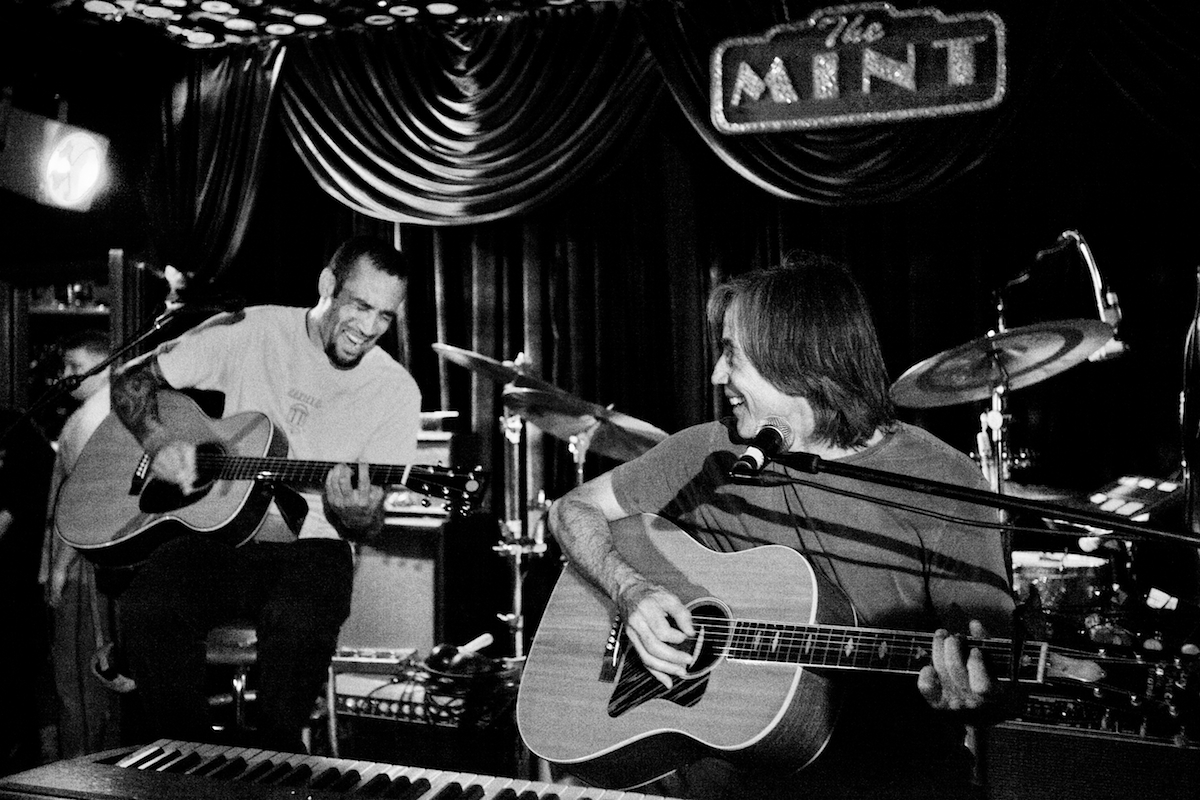
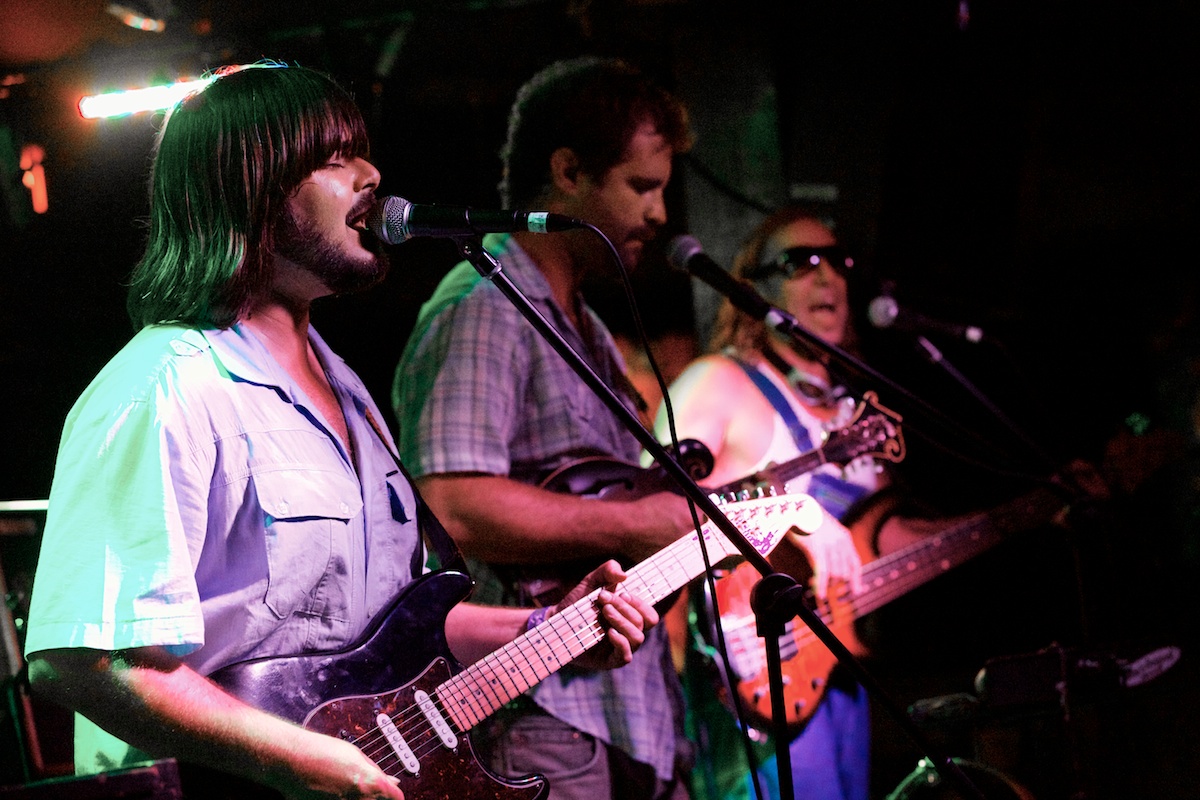
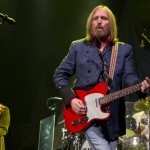
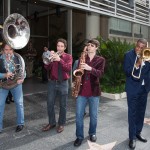
Leave a Reply
Want to join the discussion?Feel free to contribute!